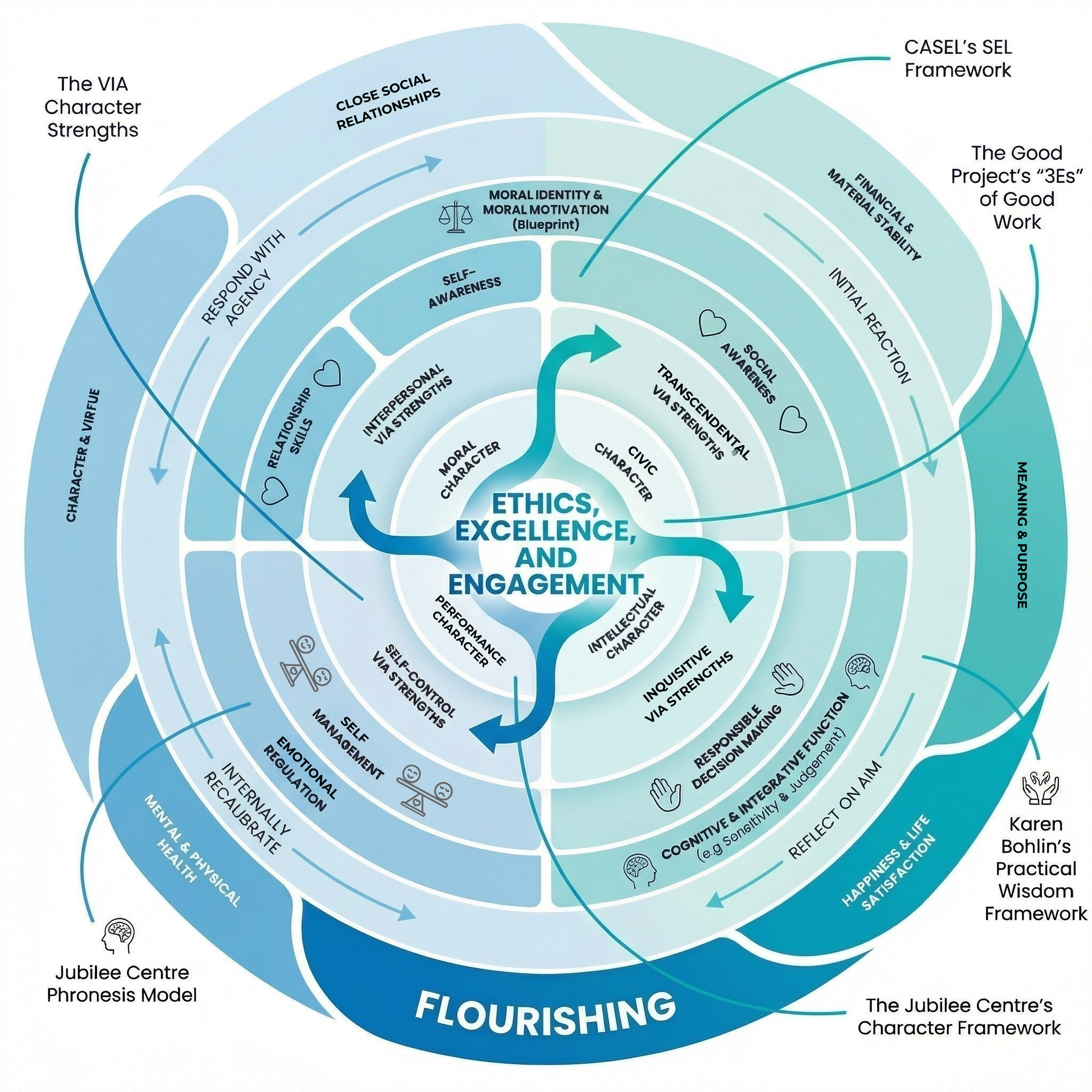Introduction
In this interview with Elena Molinari, correspondent for the Italian national newspaper Avvenire, Howard Gardner discusses The Good Project’s history and resources. Read the interview in English below, and find the Italian version by clicking here.
Over the years, have you had regular feedback about how the Good Project resources and toolkits are used and by whom? In what context (work, school, community) are they mostly applied?
ANSWER: Our materials are used primarily in schools, especially mioddle school and high school. Individual teachers or groups of teachers use them with their students=--sometimes as parrt of a regular class, sometimes as an extra activity, sometimes when a crisis of some sort arises. (As you have seen on thegoodproject.org, we now have a value sort, sample dilemmas, and a fully worked out curriculum which is being tested in various schools.
But the materials have also been used in other settings, ranging from law school to news to government service. and they have drawn on all sorts of data, including surveys of several thousand individuals from seven countries.
What are the results of the applications of the toolkits? Are you aware of any meaningful impact they have had in workplaces or schools? Could you please mention some cases?
ANSWER: It is very difficult to document that people have changed as a result of our interventions per se. We cannot carry out controlled studies comparing classes with and without curriculum, nor can we follow individuals for years to see if they become 'good workers'
But the fact that we have more interest now than ever before; that individuals keep using the materials (and sometimes modifying them); and that we have suggestive observations (e.g. that individuals in one of our studies seem more likely to read the newspapers and to think about the issues of the day) encourage us to keep working. and keep improving our materials.
The Good Project toolkits don’t seem to privilege any values, or even ethical theories, over others. Yet, the Project promotes “excellence, engagement and ethics.” Why were those values chosen?
ANSWER: The Three "E' came out of our ten years study of workers in nine different professions in the United States, and they have proved useful in other countries.
As for ethics, you are right-- we have our own ethical preferences but we dont emphasize one ethical perspective over others. Instead, we pose dilemmas for individuals and help them to define the dilemmas, discuss and debate the dillemas, make a decision, and then reflect on the decision. This approach can span a range of ethical perspectives.
What makes a “Good Worker” in today’s Western societies?
ANSWER: The challenges in todays' societies are multiple. Many jobs are being replaced by automation; many workers depend on a 'gig economy; people cant expect to change jobs or even careers multiple times, old professions are being disrupted, new ones are emerging. Yet the three Es-- doing a good job, caring about what you do, and trying to do the right thing are constants-- they dont' change. And so the premium on carrying out good work is as great as it has ever been. You mention Western societies but we are actually working on these ideas with workers in Singapore, so they may have gloibal value.





